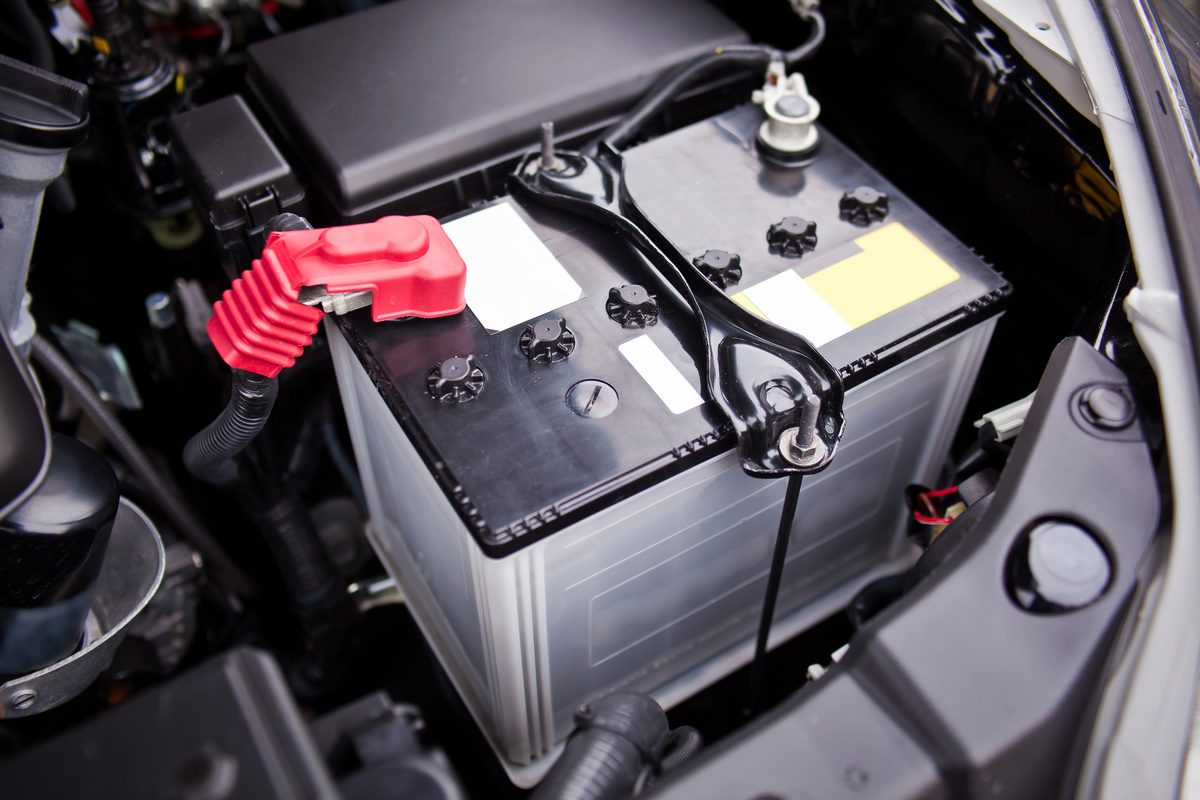Understanding Automotive OEMs: The Backbone of the Automotive Industry
In the automotive world, Original Equipment Manufacturers (OEMs) play a crucial role in shaping the design, production, and quality of vehicles. These companies are responsible for manufacturing the core components and systems that make up the majority of modern cars. From engines to transmissions, brakes, and infotainment systems, automotive OEMs set the standard for the industry, influencing everything from vehicle performance to safety features. This article explores the key aspects of Automotive OEMs, how they operate, and their influence on the automotive sector.
What Are Automotive OEMs and How Do They Work?
An Original Equipment Manufacturer (OEM) is a company that produces parts or systems that are used in the assembly of a vehicle. In the context of the automotive industry, OEMs supply both individual components like wheels, exhaust systems, and seat mechanisms, as well as complete vehicle systems. Many car manufacturers rely on these suppliers to build the essential parts that are then integrated into vehicles during the assembly process.
For example, a major car manufacturer like Ford or Toyota may not produce every single part in the vehicle itself. Instead, they source components from automotive OEMs, such as Bosch for braking systems or Denso for electrical parts. These OEMs are essential to ensuring that vehicles meet the standards of performance, safety, and quality that consumers expect.
Key Players in the Automotive OEM Sector
The automotive OEM sector is home to a range of companies, from global giants to niche manufacturers. Some of the most well-known automotive OEMs include:
- Toyota – Known for their innovation in hybrid and electric vehicle technologies.
- Volkswagen – One of the largest automotive manufacturers in the world, offering a wide range of vehicles from budget-friendly to luxury models.
- Bosch – A major supplier of components such as brakes, fuel systems, and automotive electronics.
- Magna International – A leading automotive supplier, providing a wide array of parts including chassis, mirrors, and interior systems.
These companies supply millions of components each year to car manufacturers, helping them build vehicles that meet the latest technology, safety, and efficiency standards.
The Influence of Automotive OEMs on Vehicle Quality and Innovation
Automotive OEMs do not just supply parts—they are also at the forefront of vehicle innovation. By focusing on research and development (R&D), they push the boundaries of what’s possible in car manufacturing. As technology evolves, so too does the role of automotive OEMs in introducing cutting-edge features like autonomous driving systems, electric powertrains, and advanced infotainment setups.
Advanced Technologies and Trends Led by Automotive OEMs
Electric Vehicles (EVs) and Hybrid Technology
With the shift toward sustainability, automotive OEMs are increasingly investing in electric vehicle (EV) and hybrid vehicle technology. Companies like Bosch and Denso are leading the way with innovations in battery technology, electric motors, and energy-efficient components.
Autonomous Driving
Self-driving technology is one of the most exciting developments in the automotive industry, and automotive OEMs are key players in its advancement. Companies like Mobileye and Nvidia collaborate with major automotive OEMs to develop AI-powered systems that help vehicles navigate autonomously.
Infotainment and Connectivity
Modern cars are becoming more connected than ever. Automotive OEMs work with technology companies to develop infotainment systems, voice assistants, and in-car navigation tools. These innovations enhance the driving experience, making vehicles more enjoyable and efficient.
Safety Features
Safety remains a top priority for automotive OEMs. They continuously develop and integrate technologies like adaptive cruise control, lane-keeping assistance, and collision detection systems to ensure the safety of both drivers and passengers.
The Future of Automotive OEMs: Challenges and Opportunities
As the automotive industry faces new challenges, automotive OEMs must adapt to stay ahead. From the global shift towards electric mobility to changing consumer demands and stricter regulations, OEMs have no choice but to innovate or risk being left behind.
The Rise of Electric Vehicles
The transition to electric vehicles (EVs) presents both a challenge and an opportunity for automotive OEMs. While the global demand for EVs continues to grow, OEMs must navigate the complexities of developing new powertrains, sourcing rare materials for batteries, and building new manufacturing infrastructure. However, this shift also allows OEMs to position themselves as leaders in the green technology space, tapping into a growing eco-conscious consumer base.
Navigating Global Supply Chain Challenges
Automotive OEMs are also facing supply chain disruptions due to global factors such as trade tensions, pandemics, and the scarcity of key materials like semiconductors. Overcoming these challenges will require OEMs to rethink their supply chain strategies, potentially by diversifying suppliers or investing in more resilient production methods.
Sustainability and Regulatory Pressures
With tightening environmental regulations around the world, automotive OEMs are under pressure to meet emissions standards and reduce their carbon footprints. This will push them to develop cleaner, more energy-efficient technologies, and embrace sustainable manufacturing practices. Additionally, government incentives and consumer preferences are increasingly driving demand for eco-friendly vehicles.
Conclusion: The Vital Role of Automotive OEMs in the Industry’s Evolution
Automotive OEMs are integral to the automotive industry’s growth, serving as the backbone of vehicle production and innovation. As the industry embraces new technologies, from electric vehicles to autonomous driving, these manufacturers will continue to be key players in shaping the future of transportation. With sustainability, technology, and efficiency at the forefront, the automotive OEM sector will play a crucial role in driving the automotive industry’s success in the years to come.
By understanding the vital role that OEMs play in the automotive industry, consumers and industry professionals alike can better appreciate the complexity and innovation behind the vehicles on our roads. Whether it’s the seamless integration of cutting-edge technology or the drive for sustainability, OEMs will undoubtedly remain central to the evolution of the automotive landscape.








